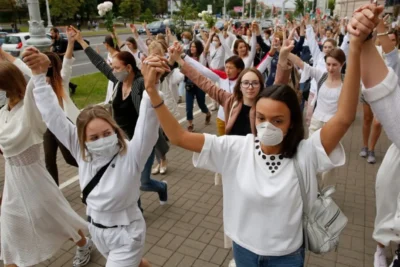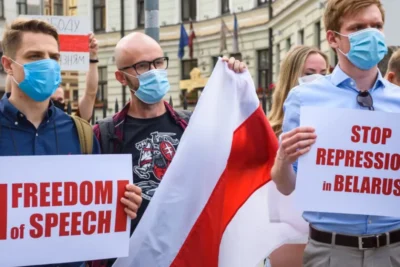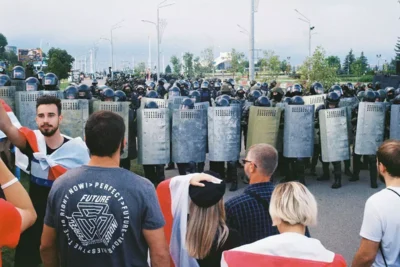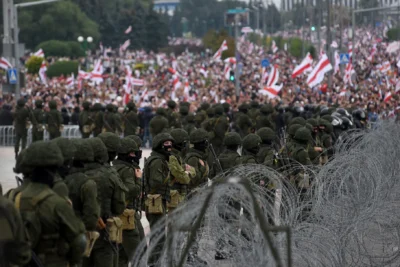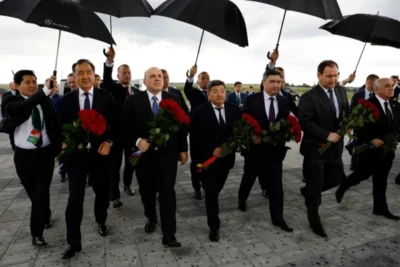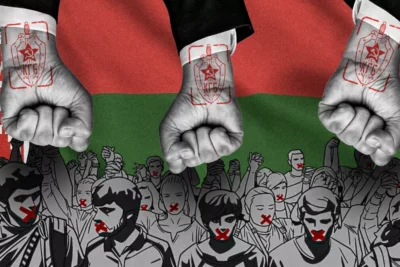
Belarus’s Role in Russia’s Ukraine War: A 2025 Analysis
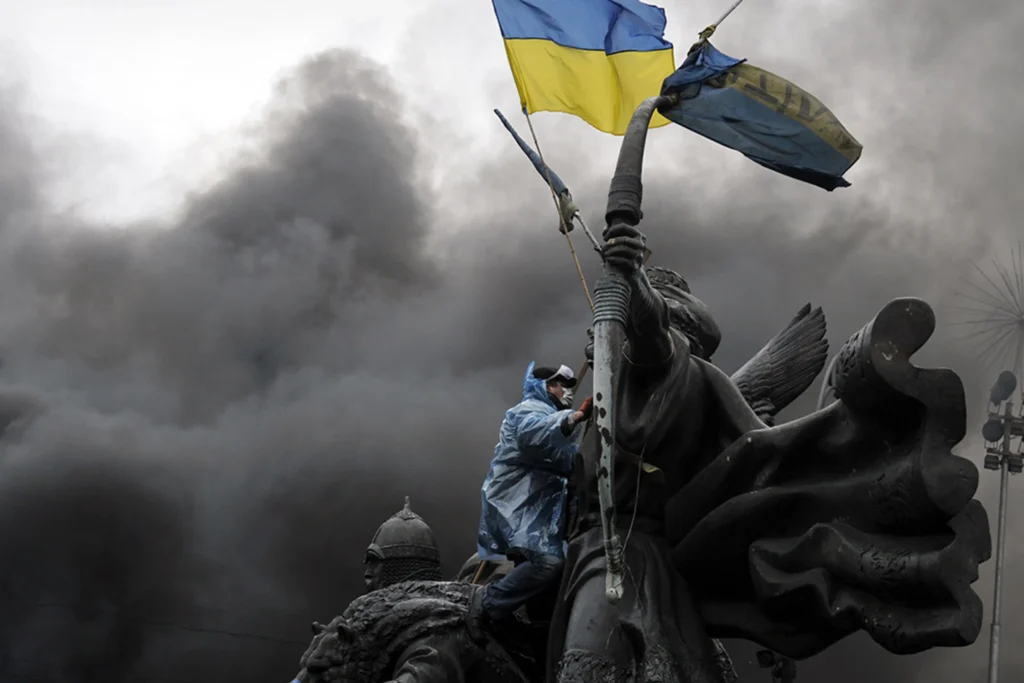
A War Beyond Borders
- A War Beyond Borders
- H2: A Strategic Ally Since Day One
- H2: Economic Ties Under Sanctions
- H2: Military Cooperation in 2025
- H2: Political Consequences at Home
- H2: The View from Kyiv and the West
- H2: Risks and Future Scenarios
- H2: Conclusion
When the war in Ukraine began in February 2022, Belarus was quickly drawn into the geopolitical spotlight. As an ally and strategic partner to Russia, Belarus provided not only political support but also logistical and territorial assistance. In 2025, the role of Belarus has become even more complex, intertwining military cooperation, economic dependence, and internal repression. This analysis explores how Belarus’s position has evolved and why the Belarus Russia Ukraine war 2025 dynamic matters for the region and the world.
H2: A Strategic Ally Since Day One
From the earliest days of the conflict, Belarus opened its territory to Russian forces. In 2022, Russian troops used Belarus as a staging ground for their northern assault on Kyiv.
By 2025, Belarus has entrenched itself as a critical logistical hub for Moscow, providing:
- Military bases for Russian troops and equipment.
- Airspace access for Russian air operations.
- Joint training exercises under the Union State agreements.
Belarusian President Alexander Lukashenko’s government has consistently framed this partnership as a defensive necessity against “Western aggression.” However, critics argue it is a sign of Minsk’s diminished sovereignty.
H2: Economic Ties Under Sanctions
The Belarus Russia Ukraine war 2025 has deepened Belarus’s reliance on Russia economically. Western sanctions have severely limited Belarus’s trade with Europe, pushing it further into Moscow’s orbit.
Key points include:
- Energy dependency: Russia continues to supply oil and gas at discounted rates.
- Export redirection: Goods once sent to the EU now flow to Russia or via new Asian markets.
- Sanctions circumvention: Allegations persist that Belarus serves as a “backdoor” for sanctioned Russian goods.
While this economic alignment provides short-term relief, it also reinforces Belarus’s dependency, making it harder to pursue an independent foreign policy.
H2: Military Cooperation in 2025
In the current year, military integration between the two countries is at an all-time high. The Belarusian armed forces participate in joint operational commands, and Russian missile systems remain stationed on Belarusian soil.
Notable developments in 2025:
- New security treaties allow Russian troops to be stationed indefinitely in Belarus.
- Belarusian instructors have trained alongside Russian units in drone warfare and cyber operations.
- Border militarisation with Ukraine remains intense, though Belarus has avoided direct combat operations since the failed northern offensive in 2022.
H2: Political Consequences at Home
Belarus’s deepening role in the conflict has intensified domestic repression. Opposition voices criticising the war face arrests, while independent media is targeted for “undermining national security.”
Human rights organisations have documented:
- Increased political prisoner numbers, especially those opposing military cooperation with Russia.
- Censorship of war coverage, with only state-approved narratives allowed.
- Crackdowns on anti-war protests, often met with riot police and detentions.
This domestic environment reflects the broader strategy of the Lukashenko regime: consolidate power internally while aligning externally with Moscow.
H2: The View from Kyiv and the West
Ukraine continues to view Belarus as a hostile participant in the war. While Belarusian troops have not crossed into Ukraine since early 2022, the threat remains due to:
- Russian forces stationed in Belarus.
- Continued missile launches from Belarusian territory.
- Intelligence sharing between Minsk and Moscow.
Western governments, particularly in the EU and NATO, have expanded sanctions against Belarus, targeting both state-owned enterprises and high-ranking officials. Diplomatically, Belarus finds itself increasingly isolated outside of its Russian and limited Asian alliances.
H2: Risks and Future Scenarios
Looking forward, the Belarus Russia Ukraine war 2025 dynamic could evolve in several ways:
- Full military entry: Belarus could commit troops directly to the Ukrainian front under Russian pressure.
- Proxy logistics hub: Belarus might continue as the primary supply route for Russian operations in Ukraine’s north and east.
- Internal instability: Economic hardship and public discontent could fuel domestic unrest, potentially weakening Minsk’s war stance.
- Negotiation channel: In a less likely scenario, Belarus could attempt to position itself as a mediator, though its credibility is low.

H2: Conclusion
Belarus’s role in Russia’s war in Ukraine in 2025 is defined by strategic alignment, economic dependency, and political repression. While Lukashenko maintains that Belarus’s actions are about protecting national security, the reality is that the country’s sovereignty has been significantly compromised. As the war drags on, Belarus’s position will continue to shape — and be shaped by — the conflict’s trajectory.
FAQs about Belarus Russia Ukraine War 2025
Q1: Is Belarus actively fighting in Ukraine in 2025?
No, Belarusian troops are not engaged in direct combat in Ukraine, but the country provides extensive logistical and territorial support to Russia.
Q2: How has the war affected Belarus’s economy?
Sanctions have cut off much of Belarus’s trade with Europe, forcing greater dependence on Russia and new trade partners in Asia.
Q3: Does the Belarusian public support the war?
Public opinion is difficult to gauge due to state censorship, but independent surveys and exile groups suggest significant opposition.
Q4: Why does Russia need Belarus in the war?
Belarus offers strategic territory, military cooperation, and a political ally that helps legitimise Russian actions in the region.
Q5: Could Belarus change sides?
It is highly unlikely under the current leadership, given Lukashenko’s dependence on Russian political and economic support.

